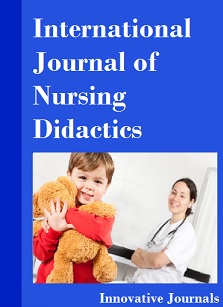Using Artificial Intelligence to Reduce Global Healthcare Costs through Discovery and Development of Nutritional Interventions
##plugins.themes.bootstrap3.article.main##
Abstract
The human population is ageing and as age is a major risk factor for many of the top 10 causes of death worldwide, the ability to prevent age-related diseases and improve healthspan is of paramount importance. Nutritional interventions are cost-effective, easy to implement and scientifically proven approach to prevent disease and prolong healthspan. This research advocates evidence in the public domain proving nutrition can positively affect health. In relation to diabetes, plants belonging to the Fabaceae phylogenetic family have regularly demonstrated a positive influence on incidence and progression, in both humans and other animals. It would be advantageous for validated preventative nutritional strategies to be adopted by governments, globally. There are some barriers to the implementation of nutritional strategies as a mainstream form of treatment. In particular, the molecular complexity of food is great which adds a layer of difficulty in characterizing key actives within food and associating them to the relevant physiological target. In recent years, machine learning has been applied to different health areas, such as a functional ingredient derived from rice that significantly improves physical strength in an immune-impaired ageing population and a natural compound in pea that reduces cellular ageing. In summary, there is a major opportunity to use technology to identify novel, safe, natural compounds from food at a faster rate than ever before and to use this newfound understanding to prevent, treat and cure the most common serious diseases in the world today.

